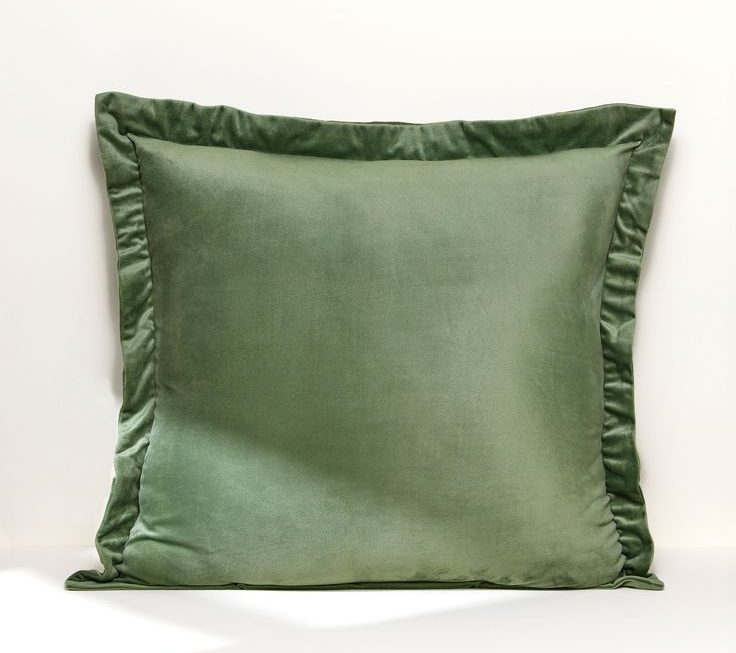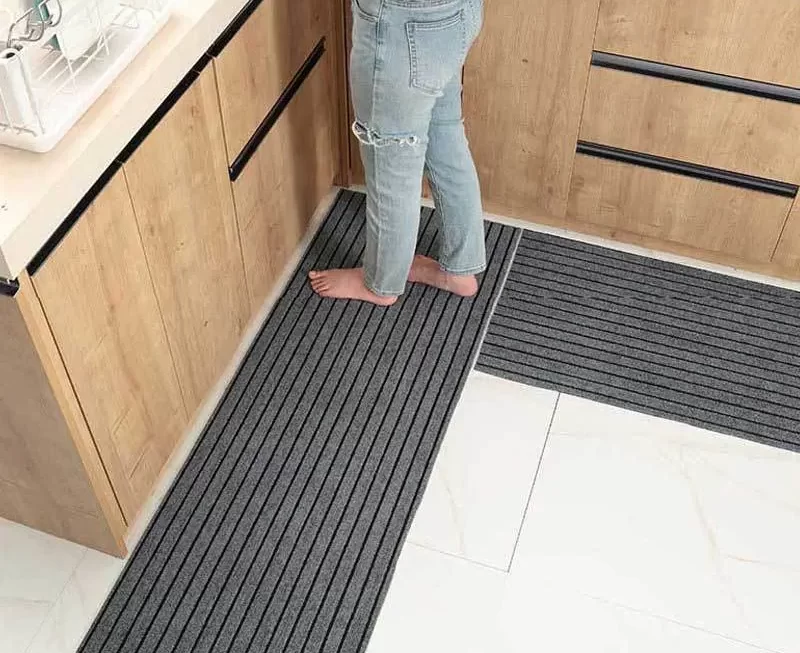Countertops are an essential feature in every kitchen, bathroom, and laundry room. They not only provide a functional workspace but also play a vital role in the overall aesthetics of the space. Countertops come in various materials, each with its unique qualities, advantages, and disadvantages. In this essay, we will explore the pros and cons of different countertop materials.

Granite
Granite is a natural stone that is a popular choice for countertops due to its durability, beauty, and resistance to heat and scratches. It is available in a wide range of colors and patterns, making it easy to find an option that complements your interior design. However, granite has some drawbacks. It can be expensive, especially if you choose a rare color or pattern. Additionally, it requires periodic sealing to prevent staining.
Marble
Marble is another natural stone that is known for its elegance and beauty. It is a popular choice for high-end kitchens and bathrooms. Marble is also heat-resistant, making it ideal for use in the kitchen. However, marble is softer than granite and is susceptible to scratching and chipping. It is also porous, making it more prone to staining. Therefore, it is important to seal marble regularly.
Quartz
Quartz is a man-made material that is composed of natural quartz crystals and resin. It is an excellent choice for countertops because it is non-porous, durable, and low-maintenance. Quartz countertops are available in a wide range of colors and patterns, making it easy to find an option that complements your interior design. However, quartz can be expensive, and it is not as heat-resistant as granite.
Concrete
Concrete countertops are a popular choice due to their durability and versatility. They can be customized to fit any shape or size, making them an ideal choice for unique kitchen designs. Concrete countertops are also heat-resistant, making them ideal for use in the kitchen. However, concrete countertops require periodic sealing to prevent staining and are susceptible to cracking.
Laminate
Laminate countertops are an affordable option that is available in a wide range of colors and patterns. They are easy to clean and maintain and are resistant to staining. However, laminate countertops are not as durable as other materials and can be prone to scratching and chipping.
Solid Surface
Solid surface countertops are a man-made material that is composed of polyester or acrylic resins and fillers. They are an excellent choice for bathrooms and laundry rooms because they are non-porous, easy to clean, and resistant to staining. Solid surface countertops are also available in a wide range of colors and patterns. However, they are not as heat-resistant as other materials and can be prone to scratching.
Wood
Wood countertops are a popular choice for traditional and rustic kitchens. They are available in a wide range of wood species and are easy to clean and maintain. Wood countertops can also be sanded and refinished to remove scratches and stains. However, wood countertops are not as durable as other materials and can be prone to staining and warping.
Tile
Tile countertops are a popular choice for kitchens and bathrooms due to their affordability and durability. They are available in a wide range of colors and patterns, making it easy to find an option that complements your interior design. Tile countertops are also heat-resistant and easy to clean. However, tile countertops can be prone to chipping and cracking, and the grout lines can be difficult to clean.
In conclusion, each countertop material has its unique advantages and disadvantages. The choice of countertop material ultimately depends on your personal preference, lifestyle, and budget. It is important to consider both the pros and cons of each material before making a decision. With the right selection, your countertop can be a long-lasting and beautiful addition to your home.

